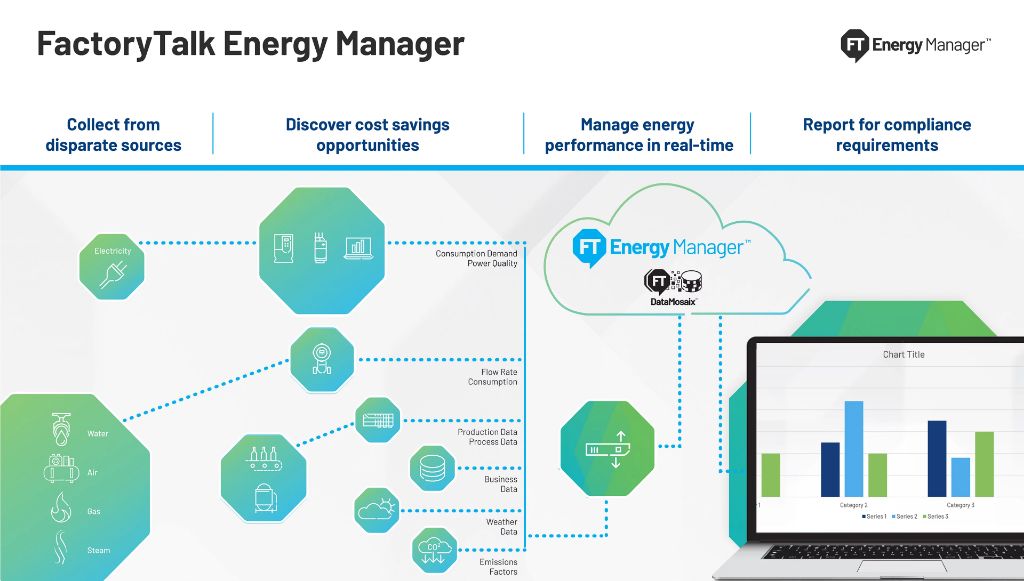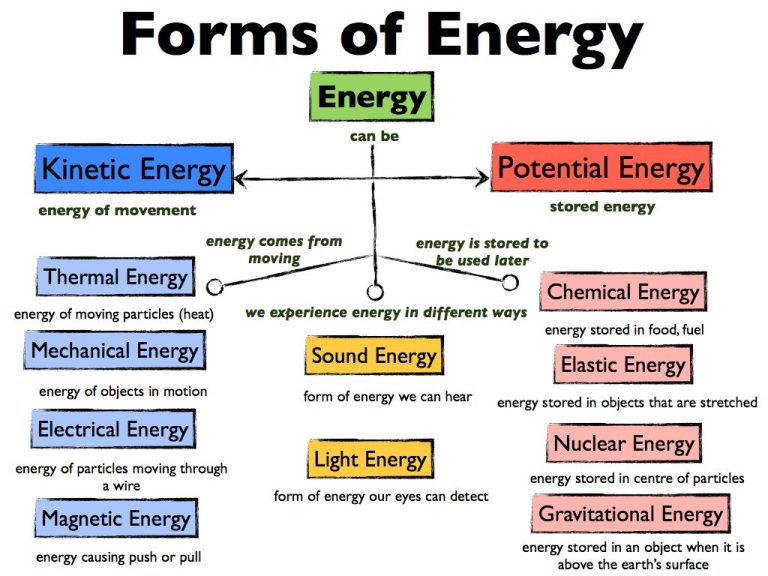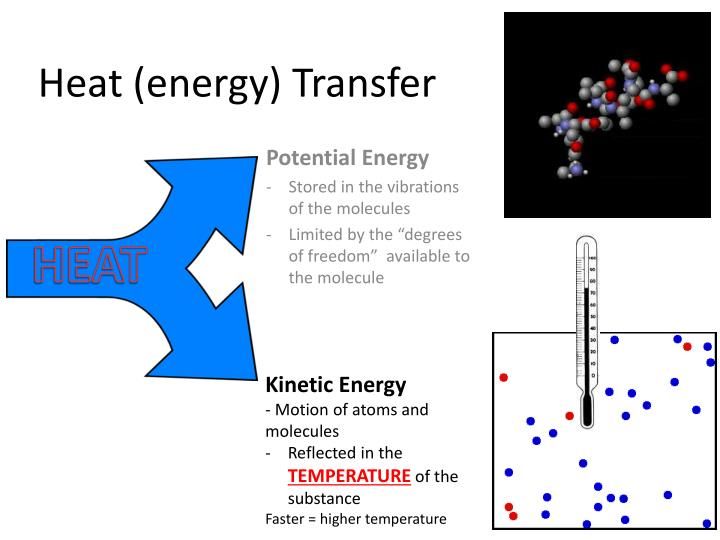How Do You Become An Energy Manager?
An energy manager is a professional who is responsible for overseeing and managing energy use within an organization. Their primary role is to implement strategies that reduce energy consumption, improve energy efficiency, and lower costs related to energy use. Energy managers analyze energy data, identify opportunities for energy savings, develop action plans, and manage projects to optimize energy performance.
The key responsibilities of an energy manager typically include:[1]
- Conducting energy audits and analyzing energy usage data
- Identifying opportunities to reduce energy waste and increase efficiency
- Researching and evaluating potential energy efficiency upgrades and technologies
- Creating and managing energy management plans and projects
- Overseeing installation and maintenance of energy efficient systems
- Monitoring energy performance and analyzing energy savings
- Staying up-to-date on energy regulations, incentives, and new technologies
- Educating and engaging staff to improve energy behaviors
The role involves technical skills as well as leadership, project management, and communication abilities. Overall, an energy manager aims to create a culture of energy conservation within an organization.
Education Needed
Most energy managers have at least a bachelor’s degree in engineering, environmental science, business, or a related field. Common majors include mechanical engineering, electrical engineering, environmental engineering, and environmental science. Coursework focuses on subjects like thermodynamics, fluid dynamics, chemistry, sustainability, energy policy, and business/finance.
Many employers prefer or require a master’s degree for management positions. A master’s in business administration (MBA), public administration, engineering management, or environmental management provides useful skills. Master’s programs cover topics like energy systems, building sciences, project management, finance, and leadership.
According to the Association of Energy Engineers, over two-thirds of Certified Energy Managers hold a bachelor’s degree, while 13% hold a master’s degree. Continuing education and training are also critical in this rapidly evolving field (Association of Energy Engineers, 2019).
Sources:
Skills Required
Energy managers need a unique blend of technical and interpersonal skills. Some of the most important technical skills include:
Data analysis – Energy managers must be able to collect and analyze energy usage data to identify inefficiencies and opportunities for improvement. They need strong analytical abilities to interpret complex data sets and identify trends and anomalies (Source).
Technology expertise – Proficiency with building automation systems, energy management software, metering equipment, and other technologies is critical. Energy managers must understand how to use these tools to monitor performance and control energy-using systems (Source).
Mathematics – Math skills like budgeting, financial analysis, calculating energy savings, and modeling are required to quantify costs and benefits of energy projects and programs (Source).
Troubleshooting – When energy equipment and systems break down, energy managers must diagnose problems and determine solutions to restore efficient operation.
Certifications
There are several certifications that can help you demonstrate your expertise in energy management:

The Certified Energy Manager (CEM) credential is offered by the Association of Energy Engineers and is widely recognized as the leading certification in the energy management field. To qualify for the CEM, you need a bachelor’s degree in engineering or architecture, 3+ years of work experience in energy management, and pass an exam that covers areas like energy accounting, building systems like HVAC and lighting, energy procurement, and energy rate analysis. ( https://www.indeed.com/career-advice/career-development/energy-management-certifications)
The Certified Measurement and Verification Professional (CMVP) certification focuses specifically on skills needed for monitoring and verifying energy efficiency projects. It is administered by the Association of Energy Engineers and Efficiency Valuation Organization. Candidates must have at least 3 years of experience in fields like energy auditing, building commissioning, or energy management. ( https://www.realpage.com/blog/five-energy-management-designations-and-certifications/)
The Business Energy Professional (BEP) certification is offered by the Association of Energy Engineers for professionals who want to demonstrate knowledge of business energy management principles. The BEP exam covers topics like energy management planning, energy procurement, building operation strategies, and basics of building energy systems. ( https://www.indeed.com/career-advice/career-development/energy-management-certifications)
Getting Experience
Gaining hands-on experience in energy management through internships or apprenticeships can help you develop the skills needed for the job. Many companies offer internship programs specific to energy management that allow you to work on projects and gain exposure to the field (source). Look for opportunities at energy companies, utilities, government agencies, engineering firms, and sustainability organizations.
As an intern or apprentice, you may assist energy managers with tracking utility data, conducting energy audits, managing energy efficiency projects, performing cost-benefit analyses, preparing reports, and researching new technologies. This direct industry experience is invaluable for understanding how energy management works in practice.
Completing one or more internships related to energy management can help you stand out when applying for entry-level jobs. Many employers see internship experience as a plus, as it demonstrates passion for the field and relevant skills.
Finding a Job
There are a few main ways to find open energy manager positions:
You can search on major job sites like ZipRecruiter and Indeed using keywords like “energy manager” or “certified energy manager.” These sites allow you to filter by location, job type, company, and other criteria to find relevant openings.
Networking within your industry is also key. Attend conferences and events to connect with others in the field. Let colleagues and mentors know you’re looking for new opportunities. Oftentimes jobs are filled through personal referrals before they’re ever posted publicly.
You can also check the career sites of major energy companies like GE for openings specific to their organization. Roles like Lead Energy Manager may not always be posted on the big job boards.
Having a strong resume and cover letter tailored for energy management roles is important when applying. Highlight relevant certifications, education, and direct experience in the field.
Advancing Your Career
As an energy manager, there are many opportunities to advance your career over time. Continuing your education by pursuing advanced degrees or certificates can help you take on more responsibilities or leadership roles.
Some energy managers choose to pursue a master’s degree in environmental management, engineering management, or business administration to gain skills to take on high-level leadership positions. These advanced degrees allow managers to oversee teams, budgets, and large-scale projects.
Getting certified as a Certified Energy Manager (CEM) through the Association of Energy Engineers can also open up leadership opportunities. The CEM credential demonstrates expertise in areas like energy auditing, energy accounting, and energy management. Many senior-level energy managers obtain their CEM designation.
With experience, energy managers may be promoted to department head, director of sustainability, vice president of operations, or similar upper management roles. These positions involve supervising teams, developing strategy, and driving organizational change related to energy and sustainability. They require demonstrated leadership capabilities.
Networking through professional associations and seeking out leadership roles in those associations can help energy managers gain visibility and be considered for internal promotions. Volunteering for association committees and boards provides valuable leadership experience.
Key Responsibilities
Energy managers have several core responsibilities that focus on conservation, analysis, and stakeholder engagement:
Conservation – Energy managers identify opportunities to reduce energy consumption and costs through audits, upgrades, maintenance, and optimizations. They oversee energy efficiency initiatives and promote conservation behaviors among staff and stakeholders (source).
Analysis – Energy managers collect and analyze utility data, benchmark performance, track savings, calculate energy metrics, and quantify program impacts. They monitor real-time energy use and diagnose irregular consumption patterns (source).
Stakeholder Engagement – Energy managers educate and motivate employees, executives, and partners about energy programs and sustainability. They provide recommendations, secure buy-in for projects, and collaborate across departments to achieve energy goals (source).
Salary and Job Outlook
As per this report by Salary.com, the average base salary for an Energy Manager in 2022 ranges from $98,256 to $132,973 with the average base salary being $116,259. The total cash compensation, including base salary and bonuses, can range from $102,450 to $139,951 with the average total compensation being $122,494.
According to Zippia, the median salary for Energy Managers in 2021 was $83,296 which was a 0.3% increase from 2020. They project the median salary to be around $83,065 in 2022, representing a slight decrease of 2.1%. However, the long term outlook remains steady.
Overall, the job outlook and growth for Energy Managers in the US remains strong. Glassdoor data shows the average salary in 2022 to be $131,040. With increasing focus on energy efficiency and cost savings, demand for qualified Energy Managers is expected to be high.
Conclusion
In summary, becoming an energy manager requires some combination of education, skills, certifications, and experience. Key steps include obtaining a bachelor’s degree in engineering, environmental science, or a related field and then pursuing an energy management certification. Gaining hands-on experience through internships and entry-level roles in energy management helps prepare you for more advanced positions. Once established in an energy manager role, there are opportunities to take on more responsibilities and continue advancing in your career.
The most successful energy managers are detail-oriented yet able to see the big picture, have strong analytical and communication skills, stay up-to-date on the latest technologies and regulations, and demonstrate leadership abilities. With the right training and experience, energy managers play an important role in helping organizations improve sustainability, cut costs, and make efficient use of resources.






